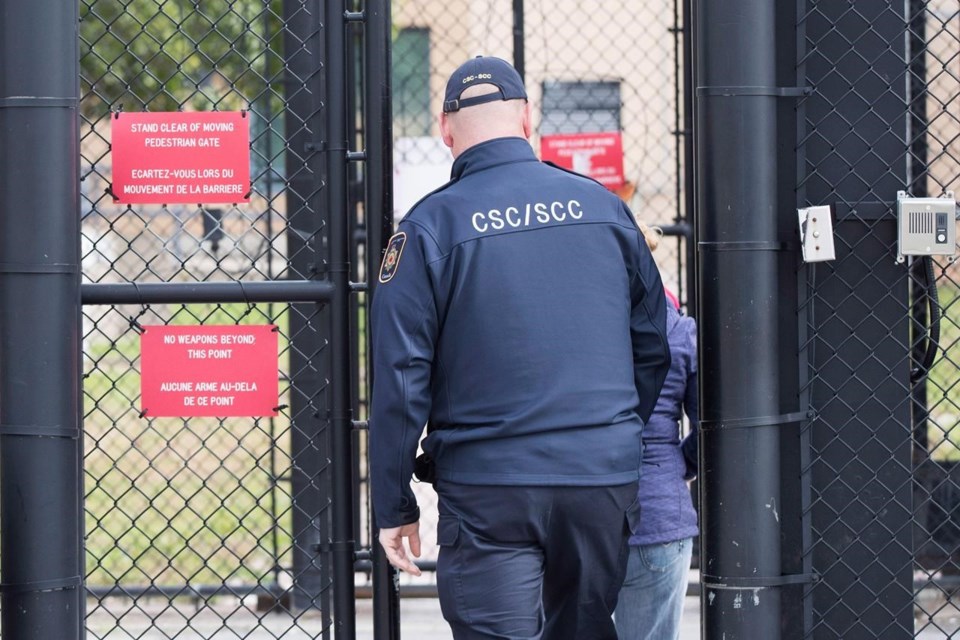A convicted murderer who overpowered a guard while on a day outing in Alberta and took hostages during a nine-day manhunt has been denied parole.
The board made the decision in the case of William Bicknell despite a plea and apology from the 55-year-old.
"I want to let the victims and their families know that I'm not a monster. I'm just a guy that made bad decisions a couple of times," Bicknell, sitting in a wheelchair at Ontario's Millhaven Institution, told the board at Thursday’s hearing.
"I've spent years but have not been able to find the words to communicate the extreme remorse I feel for all the people I've hurt with my horrific, extremely violent actions.”
Bicknell was shot in the head during his capture by police to end the manhunt in 2011. He said he has no memory of what happened.
"I relapsed in 2011 with a poor decision," Bicknell said.
"I ended up waking up in a hospital with bullets in my head and people telling me I did all this stuff," Bicknell said.
"I remember going to sleep in the minimum (security institution) and I remember waking up in the hospital."
Bicknell was already serving time for the 2001 death of a B.C. woman when he escaped by overpowering a guard while returning from a day trip to Edmonton on his way to the Drumheller Institution in 2011.
He then went on a nine-day crime rampage near Grande Prairie that included three hostage-takings and a shootout with police.
During the shootout, Bicknell fired 45 shots and was struck at least once in the face by return fire.
He entered guilty pleas for his hostage taking and escape and was given a second life sentence.
Bicknell said prior to the escape that he started snorting morphine while in prison because a friend told him it would help him lose weight because you "never saw a fat junkie.”
He said he was 530 pounds at the time.
"I was dying," he said.
Bicknell said he has had a history of becoming obsessed with ideas and had even been dreaming about escaping from Drumheller prison for months.
He said dark thoughts had plagued him long before 2001, when he killed Angela Steer with a baseball bat in Maple Ridge, B.C.
"The thoughts of hurting somebody or causing physical pain or murder started in my childhood. My life just totally spiralled at the time of the murder," Bicknell said.
"Did the murder provide relief from those thoughts?" asked a panel member.
"Unfortunately it did."
One of Bicknell's victims from his prison escape rampage spoke against his release.
The man, only identified as Martin S., said getting shot at by Bicknell has led to fatigue, post-traumatic stress symptoms, sleeplessness and bouts of anger.
"These are all symptoms I am forced to live with forever. I would not want him anywhere west of the Manitoba/Ontario border for the remainder of his life,” said Martin S.
The parole board agreed with Bicknell's case management team that he presents too great a risk to the community at this time to be released, but said he’s “on the right track” by staying off drugs and avoiding violent confrontations with guards and other prisoners.
This report by The Canadian Press was first published March 7, 2024.
Bill Graveland, The Canadian Press




